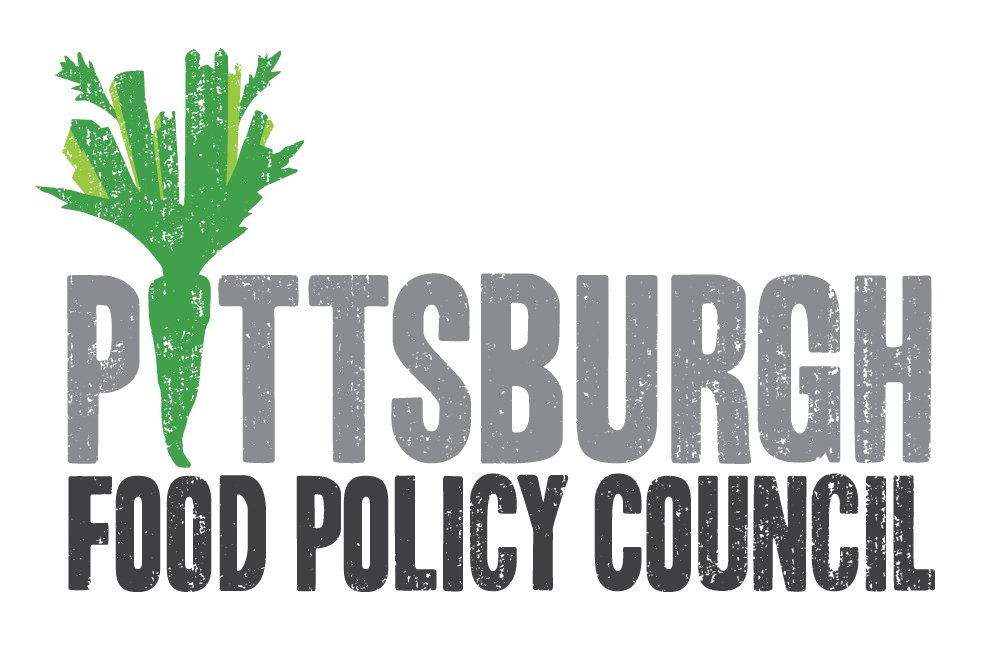Transit Win Prevents Service Cuts and Fare Increases: What It Means for Food Access
PennDOT recently approved Pittsburgh Regional Transit’s (PRT) request to use up to $106.7 million in state capital funds to prevent service cuts and fare increases.
This decision is a major win for riders and advocates across Allegheny County, who have been raising concerns for months about the looming funding crisis. The approval provides short-term relief for PRT, formerly the Port Authority, but long-term, sustainable funding solutions are still urgently needed.
Community Voices Lead the Way
In June and July, transit riders, advocates, and community organizations came together to share their concerns with the PRT Board. Without intervention, the loss of a key state funding measure would have forced service reductions and fare hikes, threatening daily access to work, school, healthcare, and food.
PFPC shared comments during the hearings, underscoring that transportation is not just a mobility issue; it’s a food security issue. Reliable, affordable transit determines whether residents can reach grocery stores, food pantries, farmers' markets, and community meals.
Connecting Transit to Food Access
Through the Greater Pittsburgh Food Action Plan (GPFAP), PFPC heard directly from residents across Allegheny County about what limits their access to healthy food. One answer rose above all others:
"Public transportation."
Transportation barriers, like long routes, limited service hours, or high fares, can make it nearly impossible for residents, especially those in lower-income or underserved communities, to access nutritious food.
Since the release of the GPFAP, PFPC has been a proud member of the Fair Fares Coalition, which successfully advocated for Allegheny Go, an innovative program run by the Department of Human Services that offers 50% reduced fares for SNAP participants.
Without PennDOT’s funding approval, that progress, and any future push for income-based free or reduced fares, could have been undermined by service cuts and fare increases.
Our Role and the Path Ahead
PFPC’s advocacy connects directly to several GPFAP strategies, including:
- 4.7.1: Advocate for equitable fare restructuring and income-based discounts.
- 4.6.4: Support stronger state investments in multimodal transit systems.
No one should be priced out of accessing fresh, healthy food. Transportation affordability is crucial to food access and equity, particularly for residents in neighborhoods with limited grocery options or those far from farmers' markets. By centering affordability in transit planning, Pittsburgh can begin to dismantle one of the most persistent barriers to food security.
How You Can Help
If you value public transit as a public good, contact your state legislators and share why it matters to you. **Write, call, email, or meet with your elected officials to advocate for long-term, sustainable funding for transit agencies in Pennsylvania.
The $106.7 million approval was a critical short-term victory, but ongoing investment is essential to ensure public transportation remains affordable, reliable, and accessible for everyone.
Together, we can keep our buses running, our neighbors moving, and our region connected, to work, to health, and to good food.

